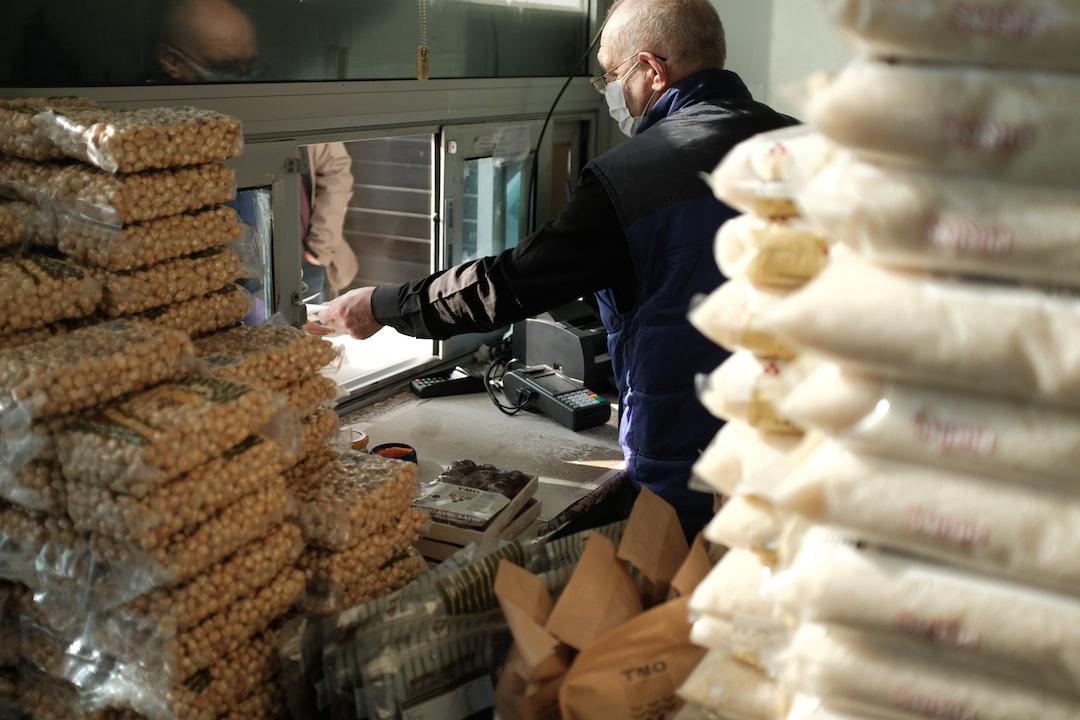The discussion surrounding real-world assets (RWAs) is intensifying at a rapid pace. In the context of Web3, RWAs refer to digital replicas of traditional assets, such as real estate, art, or commodities, that are stored on a blockchain network. This development presents significant opportunities for businesses looking to transition from physical to digital assets.
While the travel industry may not be the first sector that comes to mind when discussing traditional assets, it is poised to become a leader in the RWA transformation. With an estimated worth of $850 billion, the travel industry is embracing the potential of RWAs.
The introduction of the Camino Network, a global platform that allows the travel industry to build and control its own infrastructure, marks a significant milestone. According to Thomas Stirnimann, the chairman of the Camino Network Foundation, the travel industry has come a long way from manual processes to utilizing blockchain networks for improved communication and faster payments.
Stirnimann, an experienced professional in the travel industry, has brought his knowledge and expertise to the blockchain space with Camino Network. Designed specifically for the travel industry, Camino is a layer-1 blockchain that addresses the unique needs of the sector. Stirnimann emphasizes the fragmentation within the travel ecosystem, with each vertical having its own set of solutions. Camino Network aims to bring these verticals together to meet the needs of travelers more effectively.
One of the main challenges in the travel industry is the reliance on expensive and unreliable application programming interfaces (APIs). Camino Network seeks to provide a reliable, shared, and affordable system that simplifies travel operations and reduces costs. The transparency and immutability of blockchain technology help combat fraud in processes such as ticketing and payments.
Camino Network also lays the foundation for the tokenization of real-world assets in the travel industry. Stirnimann highlights how blockchain can simplify the booking process by tokenizing key components such as airplane seats or room nights. Tokenization brings security, transparency, and efficiency to processes like last-minute changes and cancellations.
The travel tech community is already exploring dynamic pricing models and personalized offers, enabled by Web3 technology. Stirnimann believes that real-time pricing models that adapt to changes in demand and supply will become possible with the advent of Web3.
Tokenizing each component of the travel business opens doors for new investors and benefits the industry as a whole. High-value assets like hotels and cruise liners can be broken down into smaller tokens, making them more accessible to a wider range of investors. However, implementing innovation in the travel industry faces challenges due to varying regulations across different regions. Camino Network is committed to building compliant solutions that adhere to securities laws and respect privacy regulations.
Stirnimann points out that there are already some notable applications of RWA tokenization in the travel industry. Startups and large-scale companies are exploring the tokenization of vacation properties and hotels to enhance reservation systems and create secondary market opportunities. Tokenizing bookable components like airline, train, and bus seats enables e-ticketing through nonfungible tokens (NFTs). Additionally, membership and loyalty programs can benefit from converting points into digital tokens.
With its layer-1 blockchain designed by travel tech experts, Camino Network is well-positioned to lead the RWA tokenization in the travel industry. The network prioritizes interoperability and compliance to ensure seamless integration and trading of assets across different platforms and jurisdictions. By working closely with industry partners, Camino Network aims to establish standards and practices that benefit all stakeholders.
Looking to the future, Stirnimann predicts that companies will show increasing interest in tokenized assets as regulators recognize digital assets as legitimate. This will lead to clear legislation and frameworks that drive the digitalization of the travel industry.
In summary, Camino Network represents a new frontier for the travel industry, offering the potential for real-world asset tokenization and transforming the way the sector operates.


